How Conversational Commerce is Transforming Industries

In today’s world, consumers are always “on.” And there’s plenty of data to back that claim. A report from Asurion found that on average, US consumers check their phones an average of 352 times a day. When a notification comes in, 75% look at it within five minutes.
So it’s probably not surprising that consumers have come to expect instantaneous communication with brands – whenever and wherever a need arises. According to Salesforce research, 83% of consumers expect to interact with someone immediately when they contact a company.
They also expect their interactions to be personalized and seamless throughout the purchase journey. The same Salesforce report found that nearly three-quarters of consumers expect brands to understand their unique needs and expectations.
The rise of conversational commerce is making it possible for brands to meet (and exceed) these expectations. In fact, conversational commerce is completely transforming the way consumers interact with brands across industries.
What is Conversational Commerce?
Conversations have always been a powerful way for businesses to grow sales. But increasingly, consumers prefer to have these conversations online. In fact, Salesforce data tells us 57% of consumers prefer to engage with brands via digital channels. That number will only continue to grow.
Customer-centric brands recognize this shift – and they’re adapting by incorporating conversational commerce into their strategies.
Conversational commerce is the practice of engaging with consumers via messaging apps, chatbots, and voice assistants. Brands are tapping into conversational commerce to deliver winning experiences throughout the purchase journey – and ultimately, drive sales growth.
Let’s take a look at an example of conversational commerce in action.
Consider a consumer scrolling through social media on her phone. She sees an ad for a high-end skincare brand that piques her interest. So, she clicks on the call to action, which is to chat with the brand. The brand uses a combination of AI and human interaction to learn more about the consumer’s skincare needs. She’s even able to upload a photo of her skin. Based on the consumers’ needs and concerns, the brand recommends a three-step skincare system.
She purchases all three items directly through the chat. A day after making the purchase, she sends a message to the brand asking for an update on her order. Her items arrive in the mail, and she loves them. A month later, she gets a message from the brand, reminding her it’s time to restock. The message also shares information about a new, complementary product offering from the brand. She confidently purchases her tried-and-true products – as well as the new product offering.
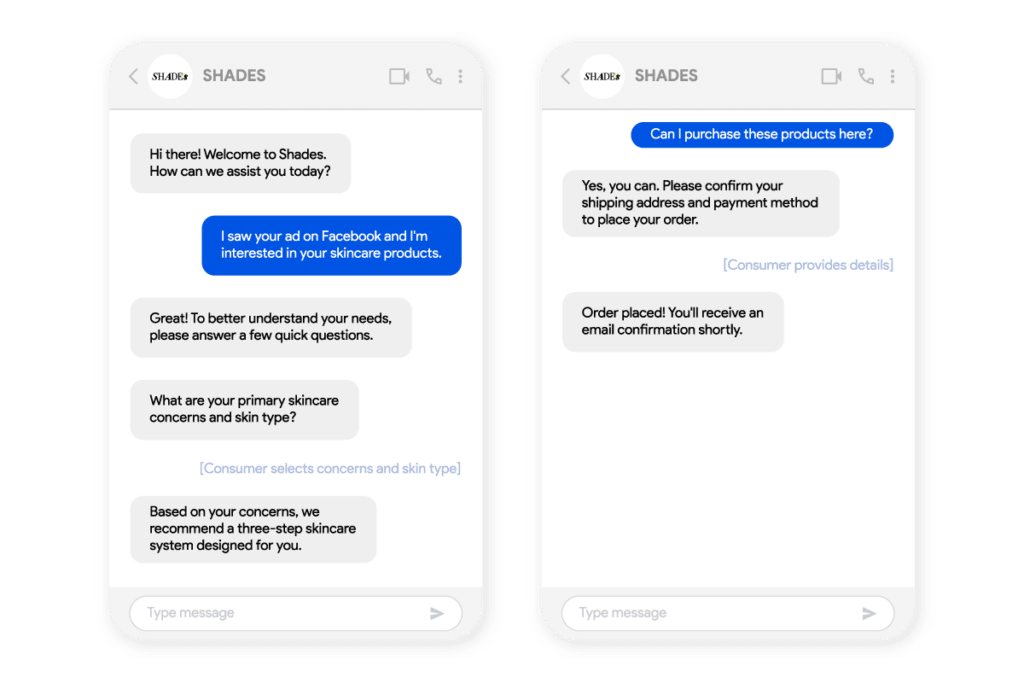
Sure, this example is specific to e-commerce. However, many industries – from automotive and financial services to healthcare and hospitality (and just about everything in between) – are leveraging conversational commerce to transform their customer experiences for the better.
10 Key Industries Impacted by Conversational Commerce
Conversational commerce isn’t just another e-commerce buzzword. It’s a lasting trend that’s rapidly growing. And already, it’s having a big impact on how businesses engage with consumers.
Let’s take a look at some of the industries that are already seeing a big impact from conversational commerce.
E-commerce
Perhaps the most obvious industry impacted by conversational commerce is e-commerce.
A growing portion of consumers are shopping online. And when they do, they have plentiful options. Brands must work hard to gain shoppers’ business – and their loyalty. A big part of this is delivering winning experiences via shoppers’ preferred channels.
Today, many e-commerce brands are already leveraging conversational commerce to:
- Increase and improve customer engagement
- Reduce cart abandonment rates
- Provide a personalized shopping experience
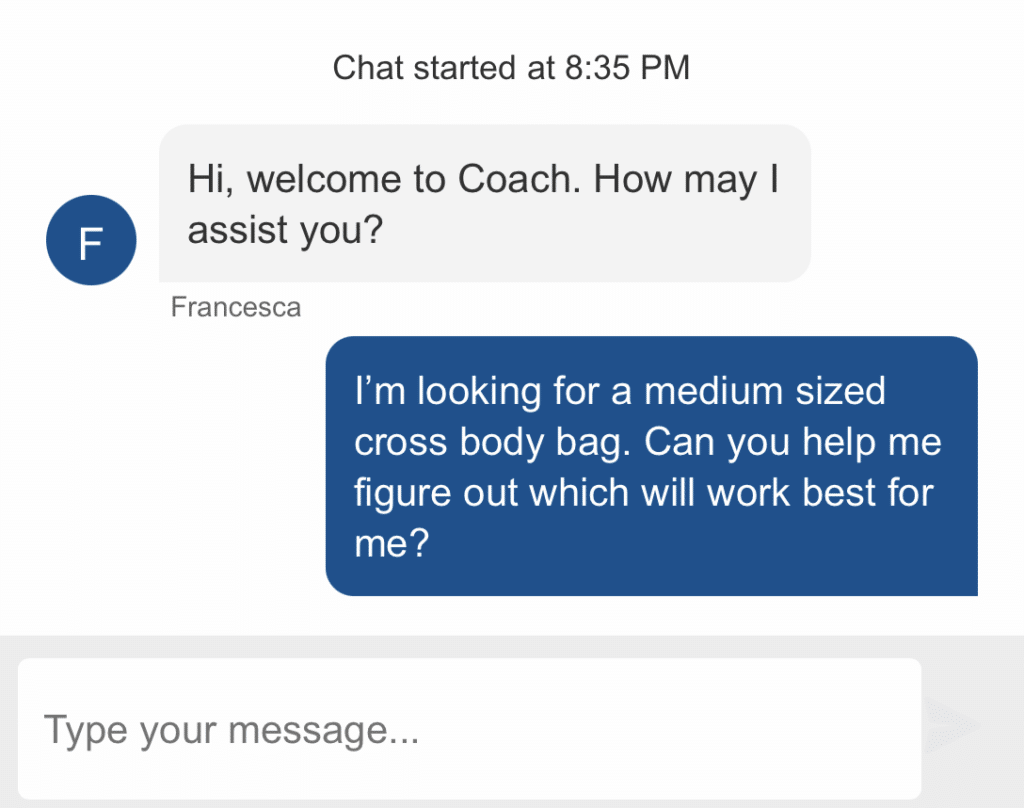
Retail
Retail is another key industry that’s being impacted by conversational commerce. Customer-centric retailers are using chatbots to:
- Provide personalized recommendations
- Answer customer questions
- Facilitate purchases
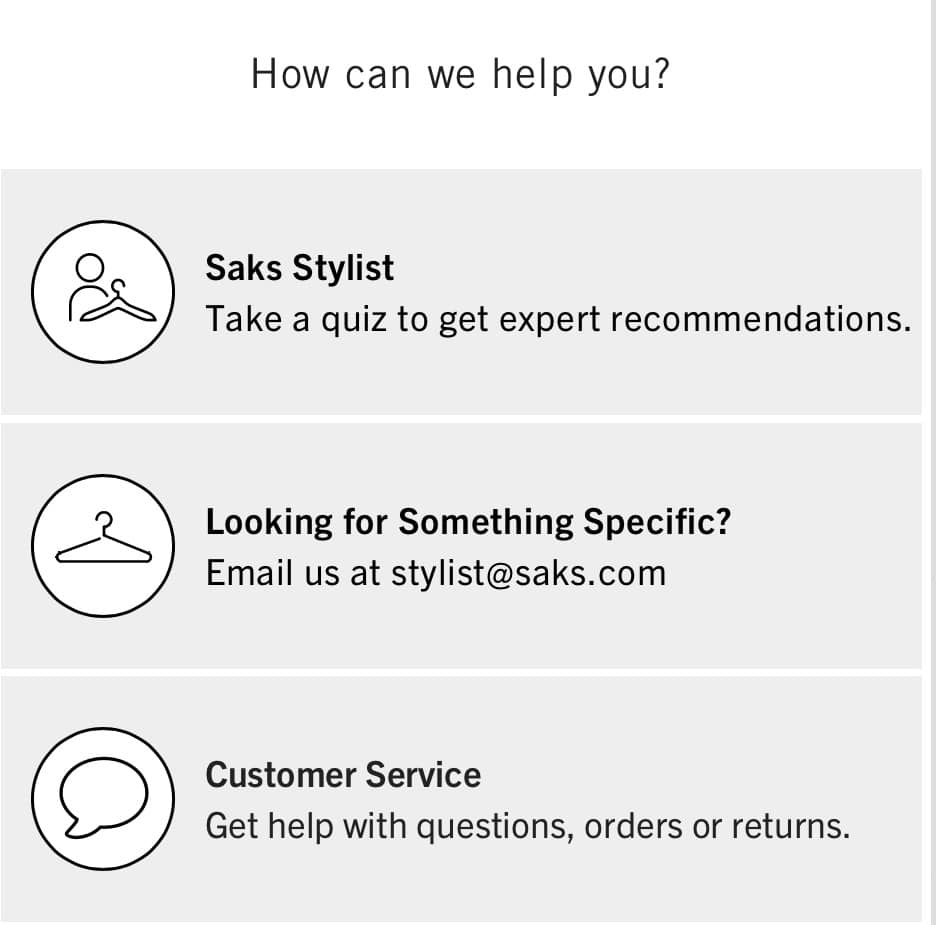
Banking and Finance
Innovative banking and financial institutions are seeing a significant impact from conversational commerce. These businesses are using chatbots to:
- Provide customer support
- Answer frequently asked questions
- Help customers manage their finances
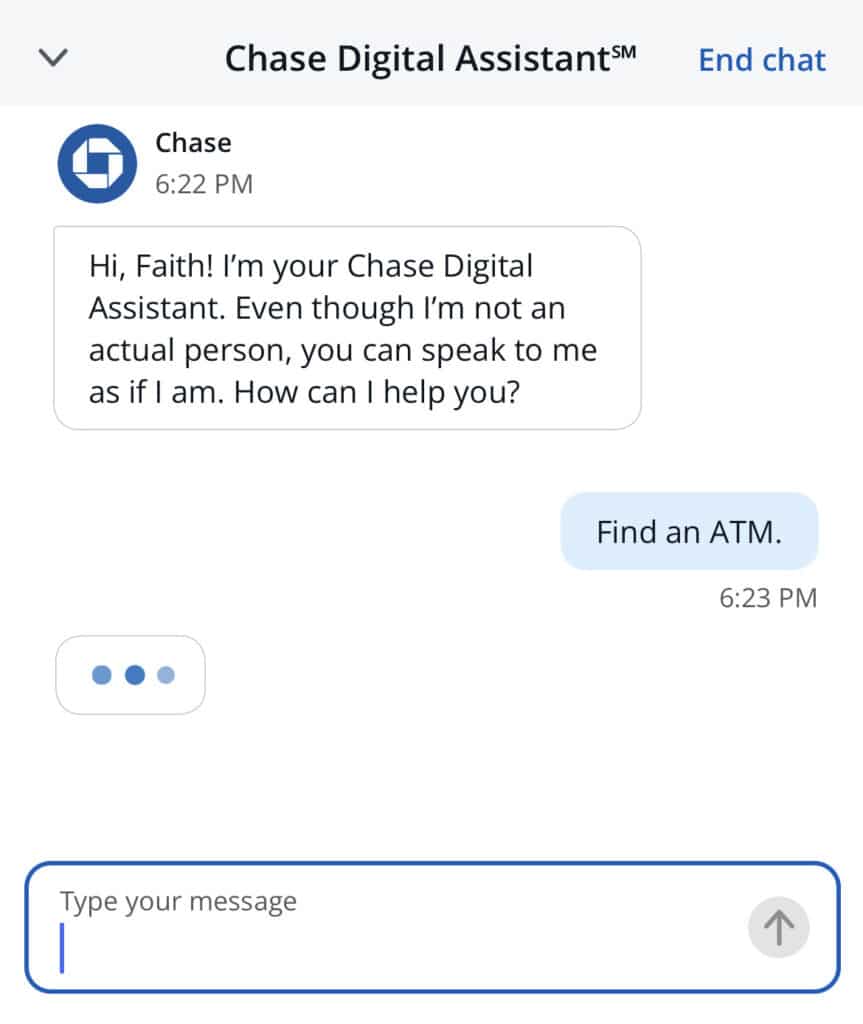
Insurance
Increasingly, the insurance industry is embracing conversational commerce to fuel great experiences that boost customer satisfaction and loyalty. Insurance companies are using chatbots to:
- Provide quotes
- Help existing customers file claims
- Offer policy information
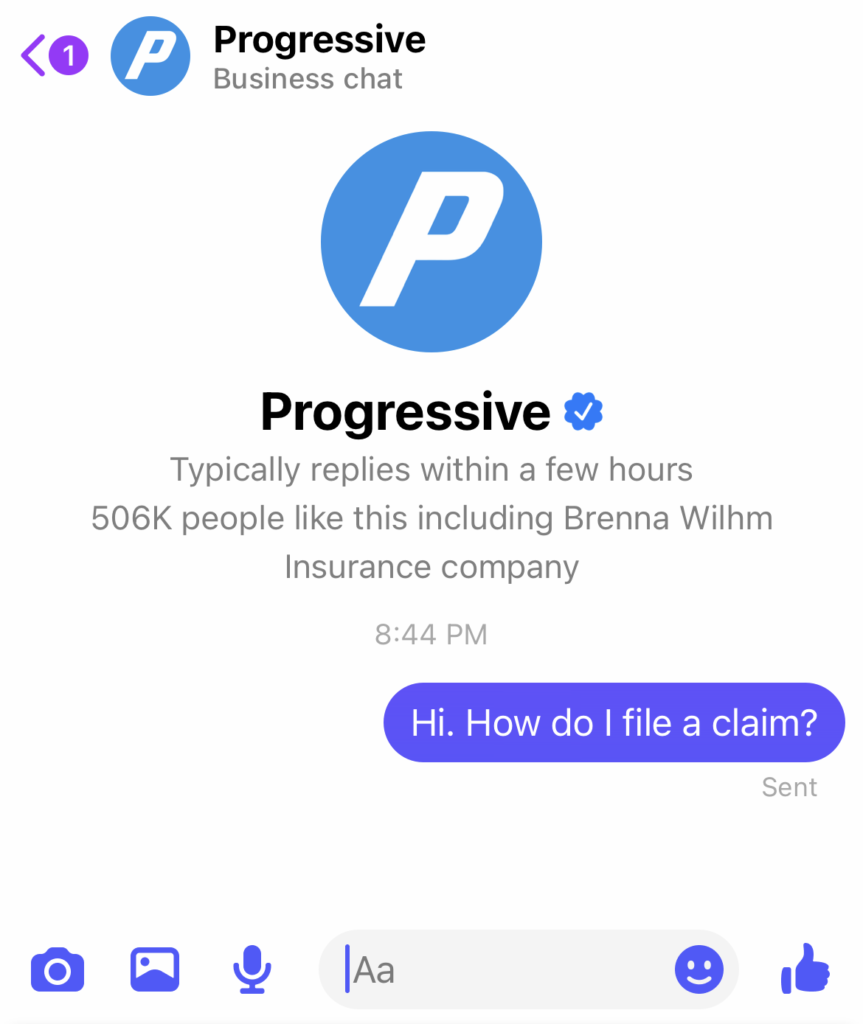
Travel and Hospitality
The hospitality and tourism industry is seeing the many benefits of conversational commerce. Hotels and travel companies are using chatbots to:
- Provide 24/7 customer support
- Help customers book rooms and travel packages
- Provide recommendations for local attractions
Beyond hospitality, conversational commerce is impacting the travel and transportation industry as a whole. Airlines, bus companies, and ride-sharing services are using chatbots and voice assistants to help travelers book flights, check flight status, reserve seats, and provide travel information.
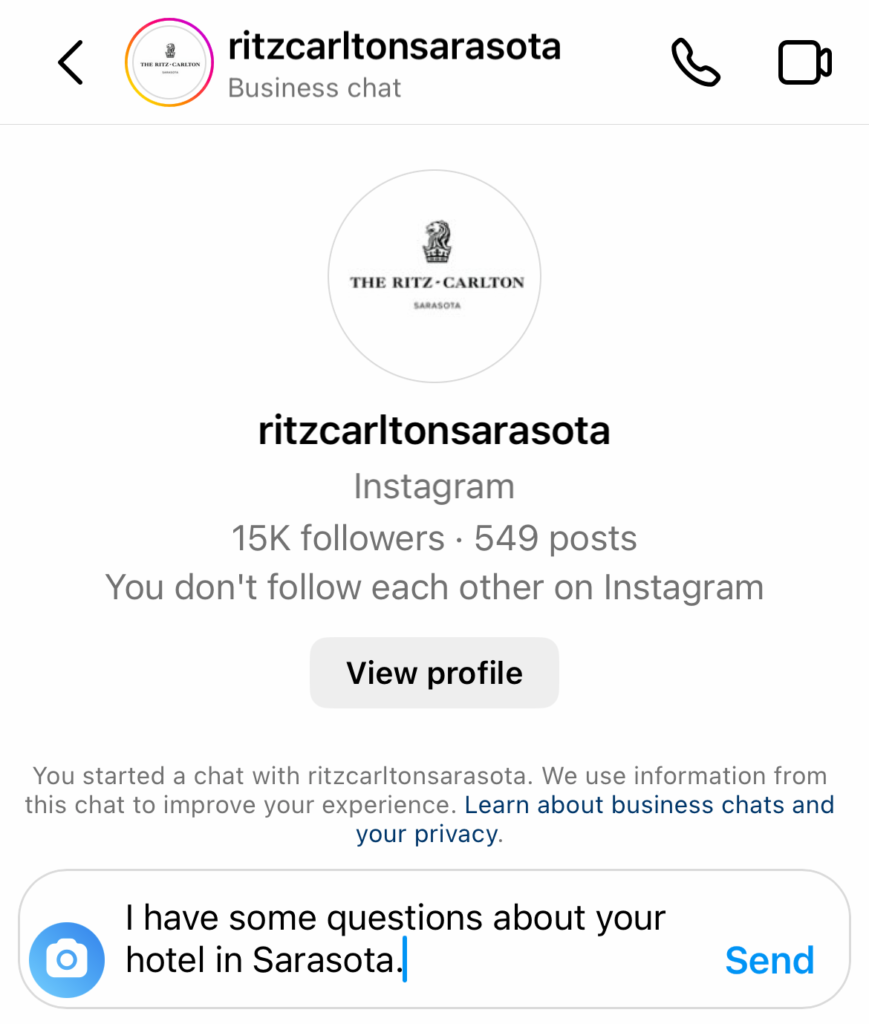
Food and Beverage
The food and beverage industry is leveraging conversational commerce to enhance customer experiences. Restaurants and food delivery services are using chatbots and messaging apps for use cases including:
- Taking orders
- Providing menu information
- Offering personalized recommendations based on customer preferences
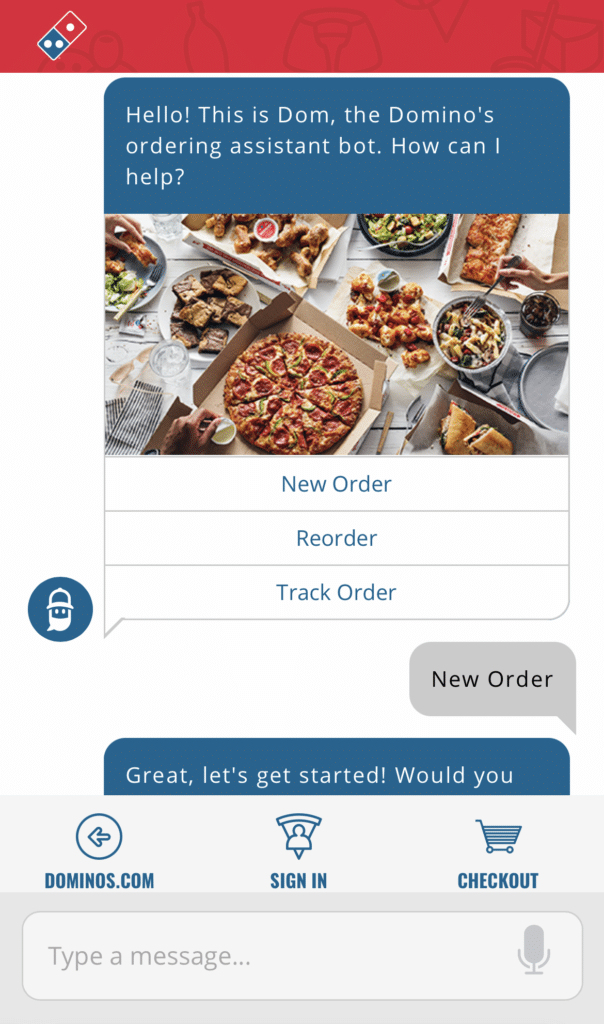
Healthcare
The healthcare industry is also adopting conversational commerce. Healthcare providers are using chatbots to:
- Answer patient questions
- Schedule appointments
- Provide medical advice
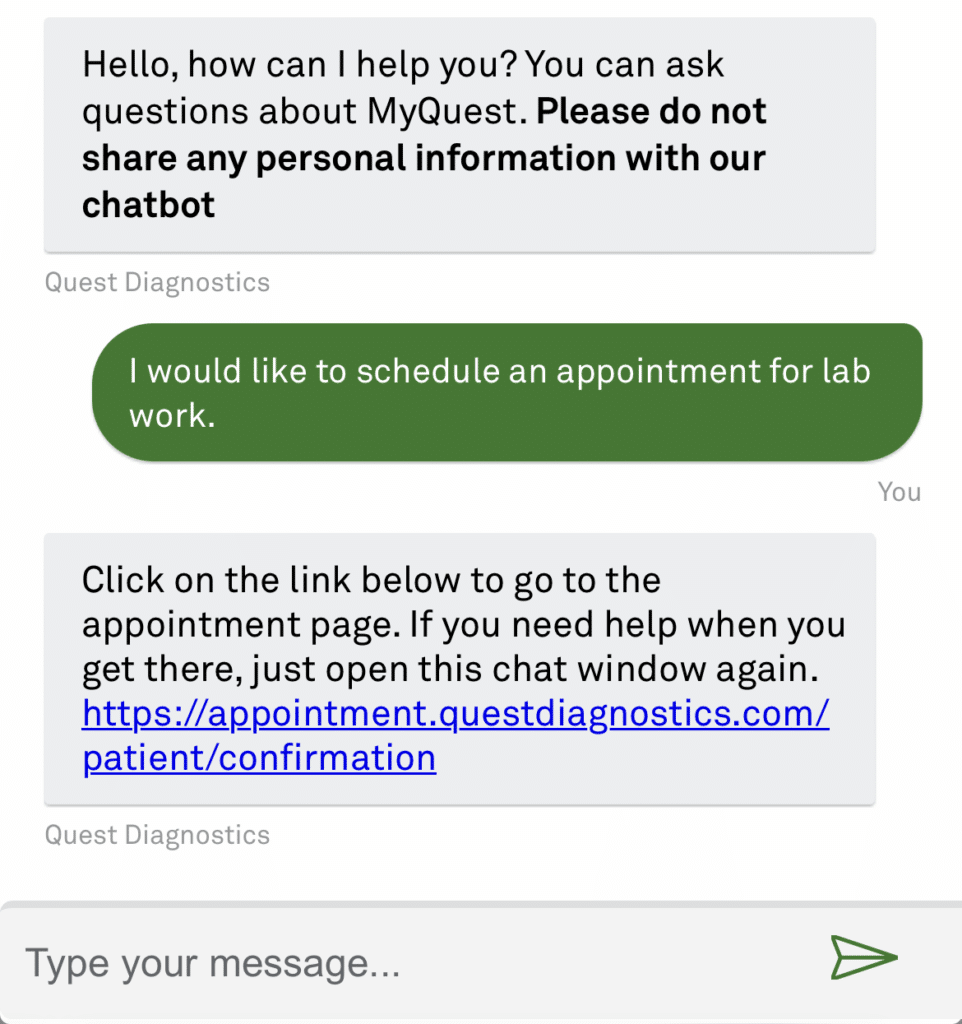
Real Estate
Conversational commerce is making its way into the real estate industry. Customer-centric real estate agents and companies are using chatbots and messaging apps to:
- Communicate with potential buyers
- Provide property information
- Schedule property viewings
- Facilitate virtual tours
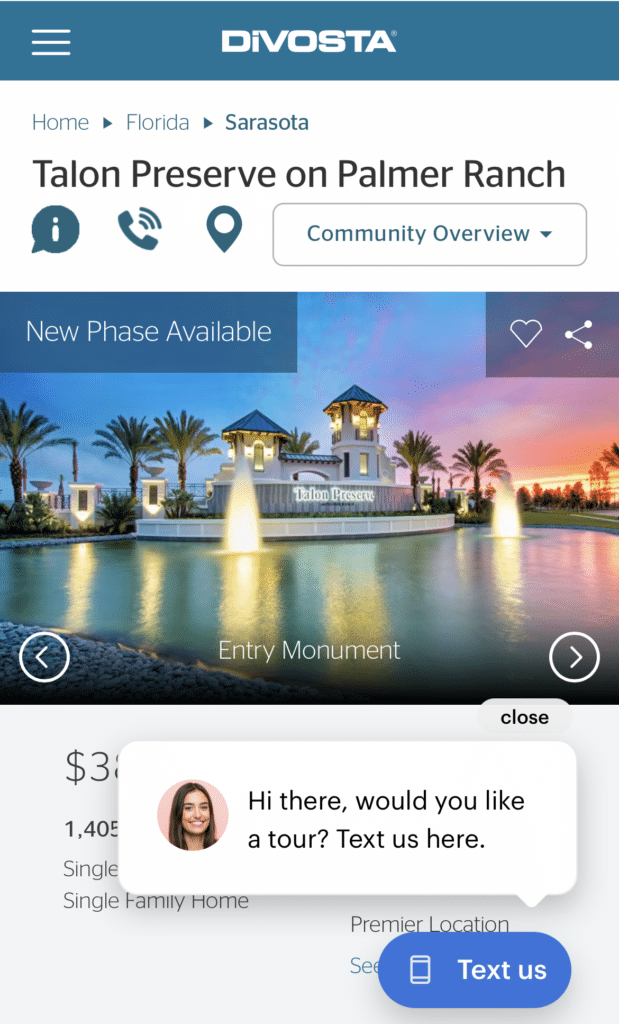
Automotive
For many consumers, purchasing a vehicle is a stressful process. Increasingly, the automotive industry is adopting conversational commerce to improve customer experiences and streamline the car buying process.
Car dealerships and manufacturers are using chatbots to assist customers throughout the purchase journey. Consumers can interact with these brands via conversational commerce channels to:
- Make inquiries
- Schedule test drives
- Navigate virtual car purchases

Telecommunications
Telecommunications companies are utilizing conversational commerce to enhance customer service and support. Use cases for chatbots and messaging apps include:
- Address customer inquiries
- Assist with troubleshooting
- Provide personalized recommendations for phone plans and services
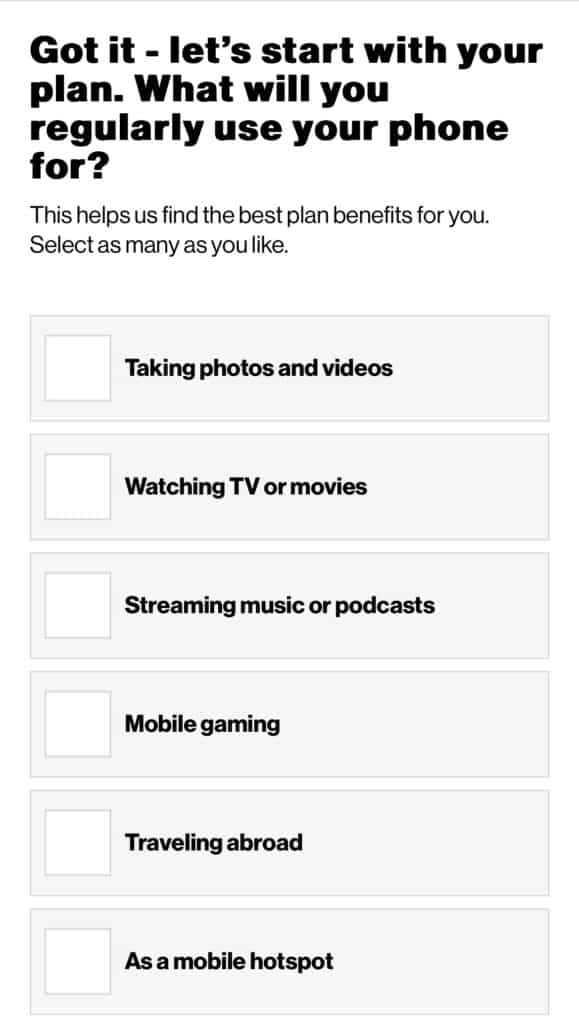
Start Embracing Conversational Commerce to Fuel Winning Customer Experiences That Drive Sales Growth
These days, consumers expect to engage with brands via their preferred channels – 24/7. And increasingly, their preferred channel is conversational commerce.
Conversational commerce is transforming the way brands across industries engage with customers. Now’s the time to get on board.
Ready to see how 1440 empowers the best brands to manage conversations across the most popular messaging channels – all without leaving Salesforce? Contact us to see our solution in action.